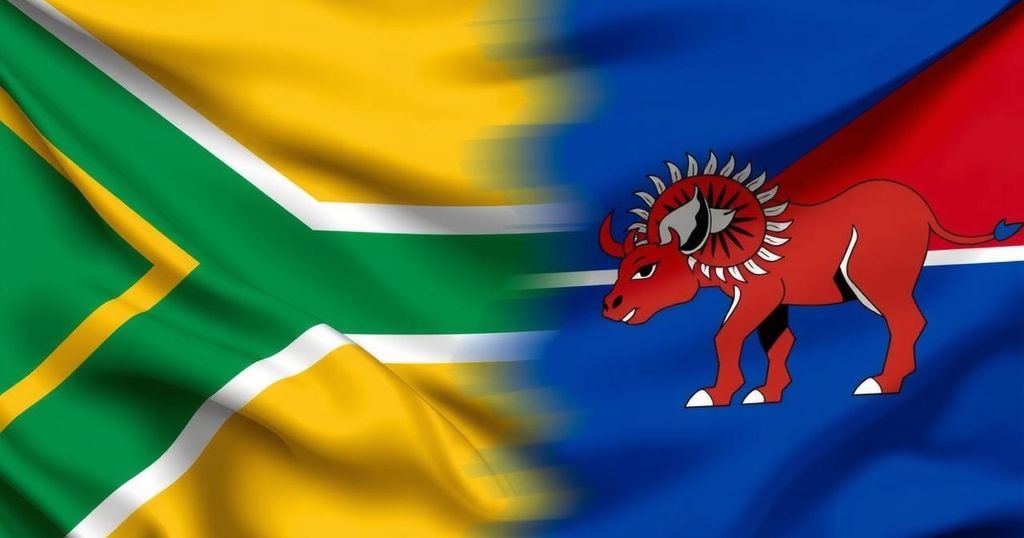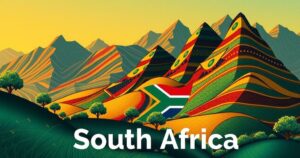Malema’s Travel Ban Lifted: A Positive Shift in Botswana’s Political Relations

Julius Malema’s travel ban to Botswana has been lifted following the election of President Duma Boko, indicating improved diplomatic relations. His attendance at the inauguration highlights a commitment to democracy and inclusion. Former bans on other prominent figures were also revoked, reflecting a new approach to governance that promotes dialogue and collaboration in Botswana’s political landscape.
Julius Malema, the leader of South Africa’s Economic Freedom Fighters (EFF), has had a travel ban to Botswana lifted after nearly a decade. This change comes in the wake of a political shift in Botswana, particularly following the election of President Duma Boko, whom Malema recently supported at his inauguration. Malema’s exclusion stemmed from past controversial statements regarding the previous administration, but the new Botswana government appears committed to fostering democratic values and reestablishing diplomatic ties. Malema attended President Boko’s inauguration, symbolizing a renewed focus on democracy in Botswana. He remarked on the importance of democratic processes and the need to support newly elected leaders. His invitation marks an end to a prolonged period of diplomatic estrangement between himself and Zimbabwe due to heated rhetoric against former President Ian Khama, which included accusations of the former government being a “puppet regime.” In a notable policy shift, President Boko also lifted bans on other prominent figures, including former EFF Deputy President Floyd Shivambu and businesswoman Bridgette Motsepe-Radebe, suggesting an inclusive approach to governance and dialogue. Boko has focused on unity and collaboration in his inaugural address, emphasizing the significance of Botswana’s democratic transition and regional stability. His government aims to create a more open political environment by incorporating diverse voices relevant to progress. With the lifting of these bans, President Boko sends a strong message about his administration’s willingness to engage with various political and social entities. This decision reflects a broader intention to cultivate a culture of democracy, inclusivity, and growth in Botswana’s evolving political landscape. Many hope that this new chapter will enhance cooperation in regional matters and strengthen Botswana’s democratic integrity.
The lifting of the travel ban on Julius Malema marks a significant moment in Botswana’s political landscape, coinciding with the inauguration of President Duma Boko. For nearly ten years, Malema had been barred from entering Botswana due to his inflammatory comments about the former leadership, specifically aimed at then-President Ian Khama. The recent changes in government signal a potential warming of relations between South Africa and Botswana, as well as a renewed commitment to democratic principles and dialogue in the region. The lifting of bans on additional figures further indicates a desire for inclusivity and engagement.
The removal of Julius Malema’s travel ban and the inclusion of other notable figures in Botswana’s political conversation signify a pivotal shift towards greater democratic engagement under President Duma Boko. This development not only highlights Botswana’s commitment to healing past diplomatic rifts but also emphasizes the importance of fostering a political climate that encourages diverse perspectives. It is anticipated that these changes will bolster regional cooperation and support the continued growth of democratic ideals in Botswana.
Original Source: www.theeastafrican.co.ke







